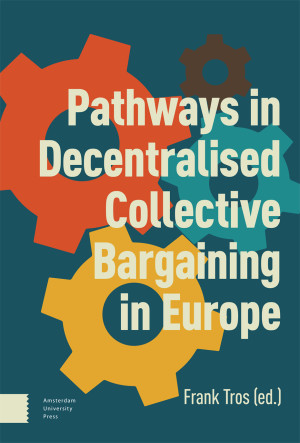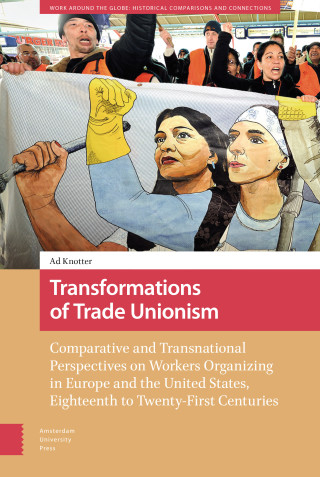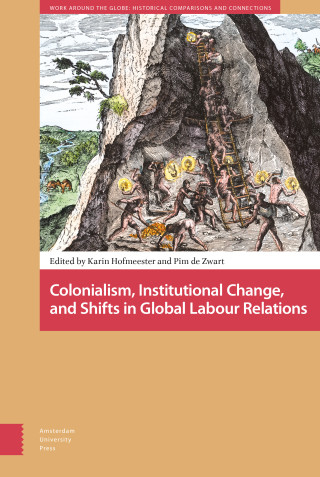1. Decentralisation of collective bargaining: comparing institutional change and company practices in Europe (Frank Tros)
2. Decentralised bargaining and the role of law (Niels Jansen)
3. Decentralisation of collective bargaining in the manufacturing sector (Thomas Haipeter, Ilaria Armaroli, Andrea Iossa, Mia Rönnmar)
4. Decentralisation of collective bargaining in the retail sector (Valentina Paolucci, Jan Czarzasty, Ana Belen Muñoz Ruiz, Nuria Ramos Martín)
5. Interplay between state and collective bargaining, comparing France and Spain (Ana Belén Muñoz Ruiz, Nuria Ramos Martín, Catherine Vincent)
6. Does decentralisation leads to new relationships between trade unions and works councils ? Germany and the Netherlands compared (Sophie Rosenbohm, Frank Tros )
7. Trade union participation and influence in decentralised collective bargaining (Mia Rönnmar, Marcus Kahmann, Andrea Iossa, Jan Czarzasty, Valentina Paolucci)
Authors
Index





